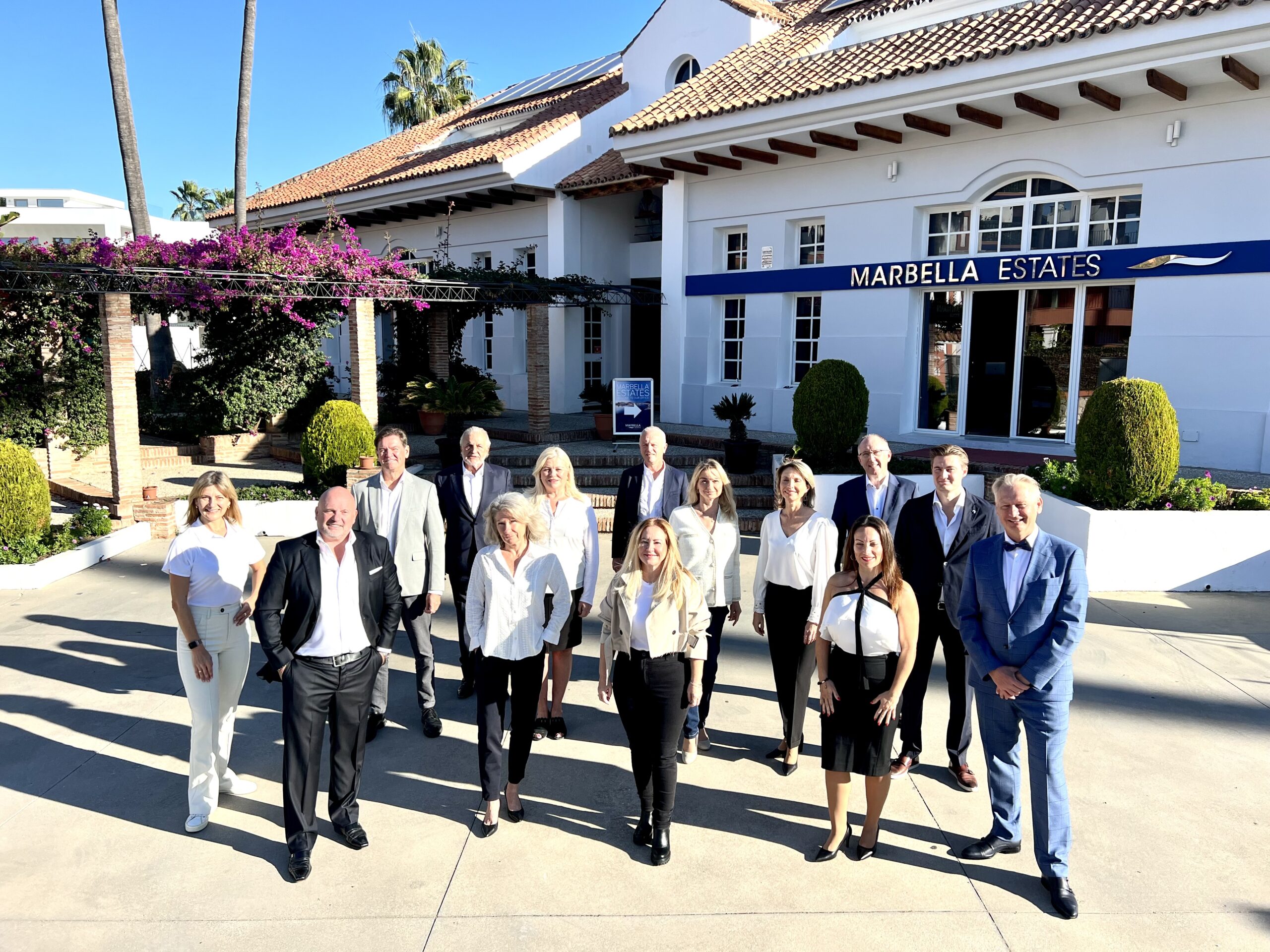
Sell my pROperty with
/ Marbella Estates
WANT TO sell your property IN MARBELLA?
No matter if your property is a cosy holiday apartment, a rental investment, or a family villa, we create a personalised marketing plan for every home we list.
At Marbella Estates, we know the local market better than anyone. Over the years, we’ve successfully helped thousands of clients sell their properties, always aiming for the best possible outcome. Right now, demand for homes in Marbella is very high, while the number of properties available is low making this an excellent moment to sell.
Property prices here have always proven strong and resilient. Even during times of global uncertainty, Marbella continues to attract buyers. Today, many are searching for homes with sea views, spacious terraces, and access to top-quality amenities.
We already have a list of buyers waiting—families looking for their first home, international clients dreaming of a holiday retreat, golf lovers who want to live near the best courses, and investors searching for new opportunities.
Our Listing and Marketing Manager, Runa Sorthe, is an expert in the Marbella property market. She knows the history of local prices and will ensure your property is positioned correctly to achieve the best results. With Runa’s guidance, selling your home will be smooth, efficient, and rewarding.
You can also request our Free Seller’s Guide, designed to give you clear, practical advice on how to sell your property with confidence.
Get in touch with Marbella Estates today—the right buyer for your property may already be waiting!
why marbella estates
Our expertise – We have over 30 years’ track-record of the Costa del Sol property market coupled with an in-depth knowledge of all concepts related to property transactions
We come recommended – Much of our new business comes from recommendations and referrals by previous clients as well as recommendations from lawyers, banks and financial advisors. These property professionals know we are well established, trusted and experienced and appreciate we will be here for a long time to come.
Our staff – Committed, passionate and proactive staff, that prioritize client’s best interests and goals. Among us we have 7 different nationalities, we have all-together lived in 28 countries, and we speak 10 different languages.
Local experts, international reach – We are considered local experts in the Golden Triangle area (Marbella, Estepona and Benahavis), and our marketing efforts reach clients from the local, national and international markets.
Quality – We have a high-quality property portfolio which is up-to-date and visible in the most important and relevant market channels, including first page visibility on Google. Through us, our customers gain direct access to ALL the properties for sale on the Costa del Sol.

We are the expert team in the area
As one of the most recognised and prestigious companies in the area, we are proud to offer an exceptional service, backed by the trust and satisfaction of our clients. We have developed strong relationships with partners such as architects, engineers, notaries, legal advice and more, enabling us to offer a comprehensive service in the purchase and sale of real estate on the Costa del Sol.
Each transaction represents an individualised collaboration aimed at fulfilling each client’s particular requirements and dreams. The essence of our success lies in our commitment to customer service. Our team of highly qualified professionals work with dedication to go above and beyond expectations. Fostering lasting bonds based on trust and transparency.

Ready to sell?
Fill out the form below and we will contact you as soon as we can. We look forward to hearing from you!
